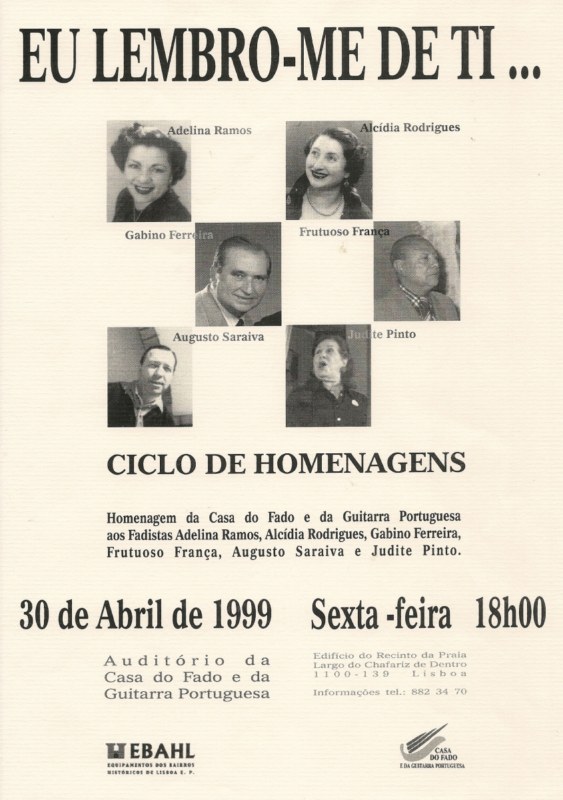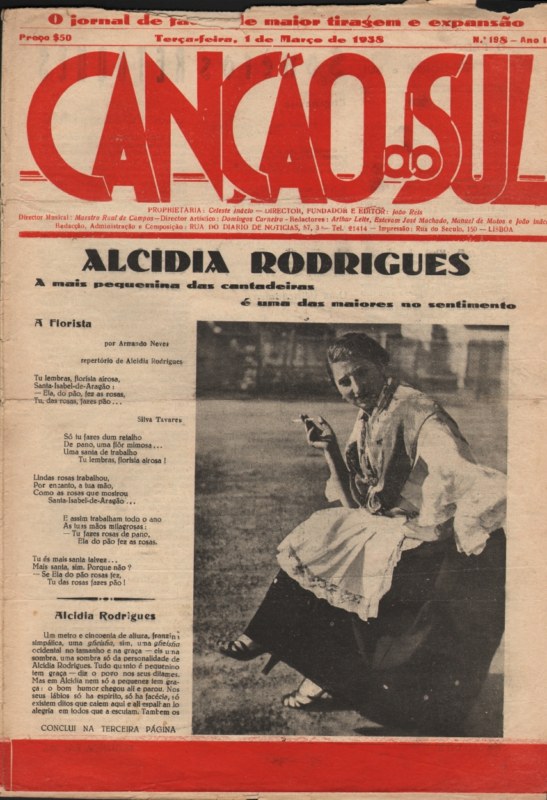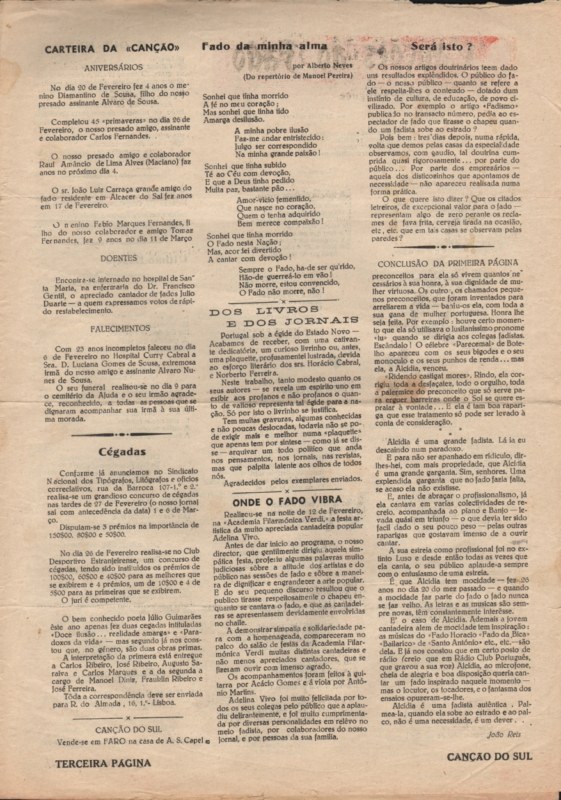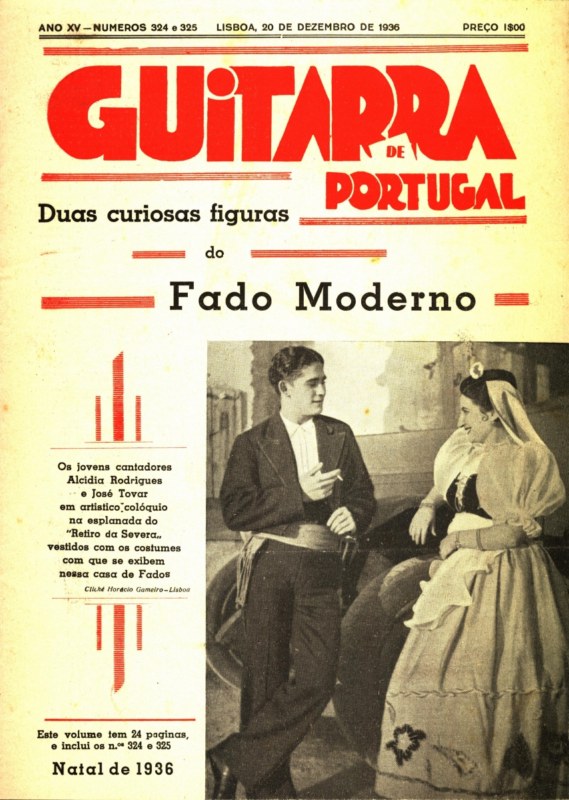Know more:
Alcídia Rodrigues
(N. 20 February, 1912 - M. 14 July, 2007)Alcídia Rodrigues was daughter of Luzia da Silva and Manuel Augusto Rodrigues. Her mother was seamstress and her father cabinet-maker. She was the youngest of five brothers and was born at Rua Maria Pia, in Meia Laranja, on February 20th, 1912.
In 1914, she left to Caldas da Rainha together with her family and remained there until she was eight years old. In Caldas da Rainha, she was used to go to “dance parties” with her adoptive mother where she made her first social contacts and learning music. At this age she was fond of Fado and later she returned to her homeland, Lisbon. She was already set up, but even so, she had different jobs as seamstress (like her mother), assistant at a shop, restaurant employee before she decided for a career as an artist.
She began to sing as amateur at associations accompanied on the piano and banjo, having her professional début at "Café Luso" (Av. Liberdade), on February 6th, 1934. She also sang at "Retiro da Severa", "Capitólio", "Café Luso" and "Café Mondego".
She becomes well known and starts to perform in country festivals, associations and benefit shows. She is invited to sing Fado at local radio broadcasting as Rádio Graça, Rádio Luso, Rádio Peninsular, Rádio Club Português.
She performed twice as amateur at Lisboa Clube theatre (in the quarter of Bairro Alto). She travelled all country and over Guinea together with the well-known manager, Rui Metelo, being part of a theatrical company.
Beyond her Fado’s performances, Alcídia Rodrigues composed the songs "Fado Horácio", "Fado da Bica", "Fado Porquê?" and "Fado do Bailarico", "Santo António".(Cf. Guitarra de Portugal, March, 1st, 1938).
Her repertoire is composed by lyrics of great poets of her time as Linhares Barbosa, Carlos Conde, Gabriel Oliveira, Armando Neves and Raul Oliveira.
During her career excellent instrumentalists accompanied her: Armandinho, Jaime Santos, José Nunes, Casimiro Ramos, Miguel Ramos among others.
In 30’s decade, News had noticed a praiseworthy artistic career, making statement of her plain personality, cheerful, gracious voice and too much devotion to her career, "Alcídia is an authentic singer."
In April of 1999, within the compass of 1st session called "Eu lembro-me de ti", the Casa do Fado e da Guitarra Portuguesa (Museu do Fado) paid homage to Alcídia Rodrigues.
Source:
Guitarra de Portugal, March 8th, 1935
Guitarra de Portugal, March, 1st, 1938
Canção do Sul, March 1st, 1938
Interview done on September, 26th /2006 at the Museum of Fado
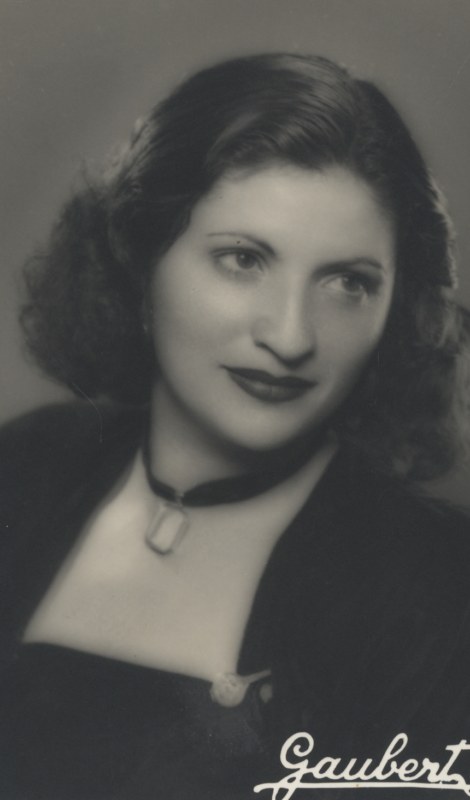
Alcídia Rodrigues s/d.
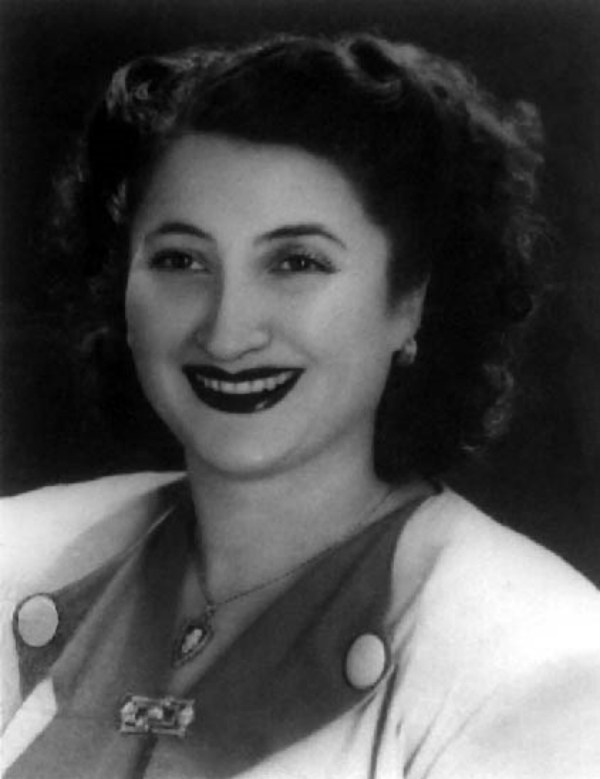
Alcídia Rodrigues s/d.
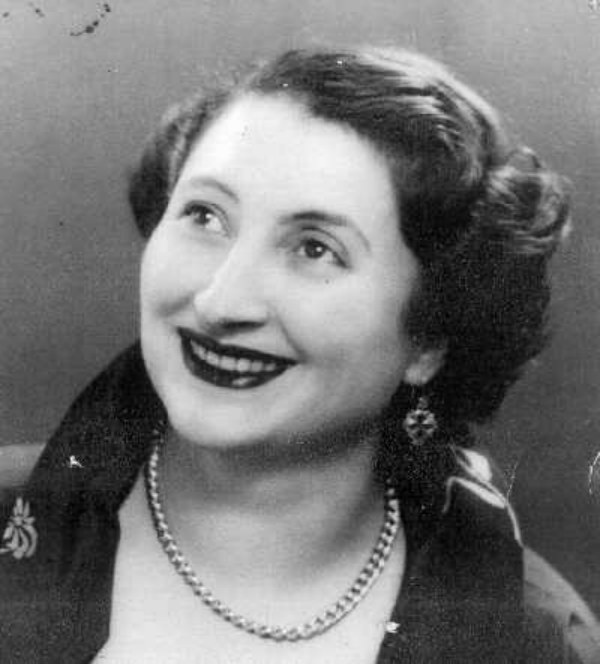
Alcídia Rodrigues s/d.
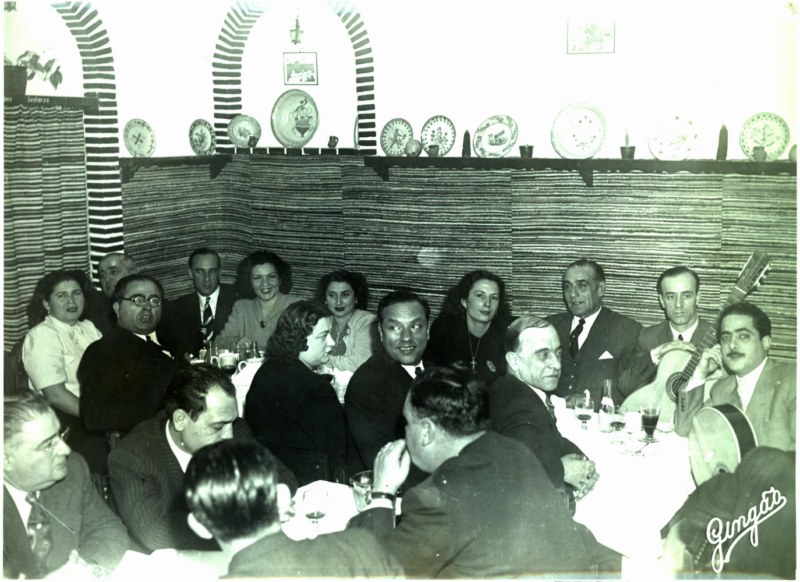
Adelina Ramos, Alcídia Rodrigues, Alfredo Mendes, Francisco Carvalhinho Gingão, década de 50
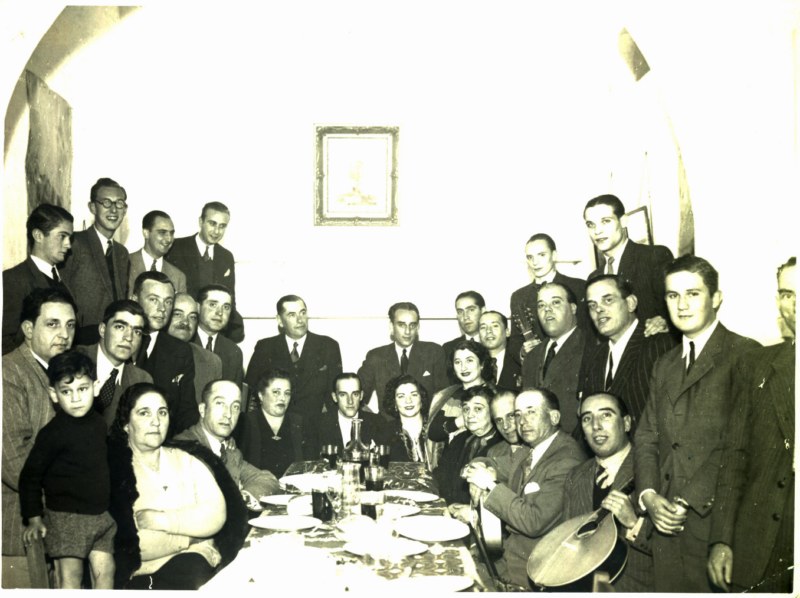
Adelina Ramos, Alcídia Rodrigues, Manuel Fernandes Luso, s/d
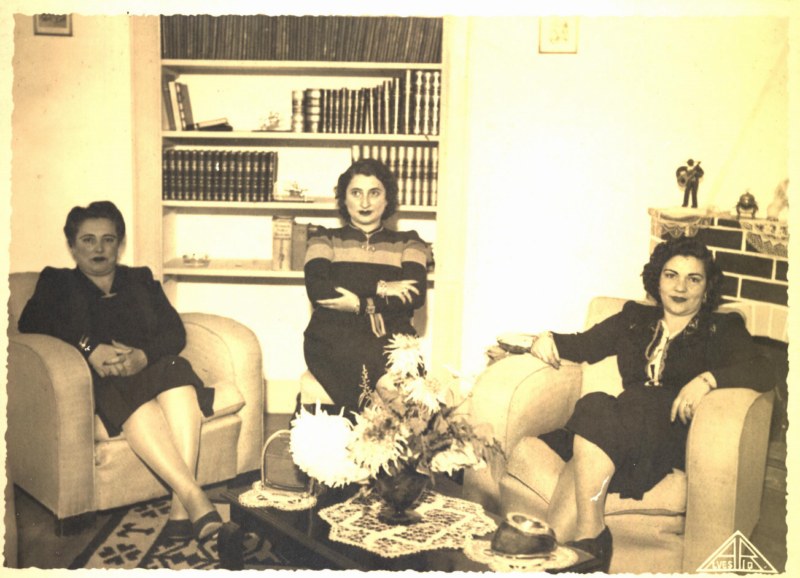
Alcídia Rodrigues, Adelina Ramos Quinta da Carregueira, s/d
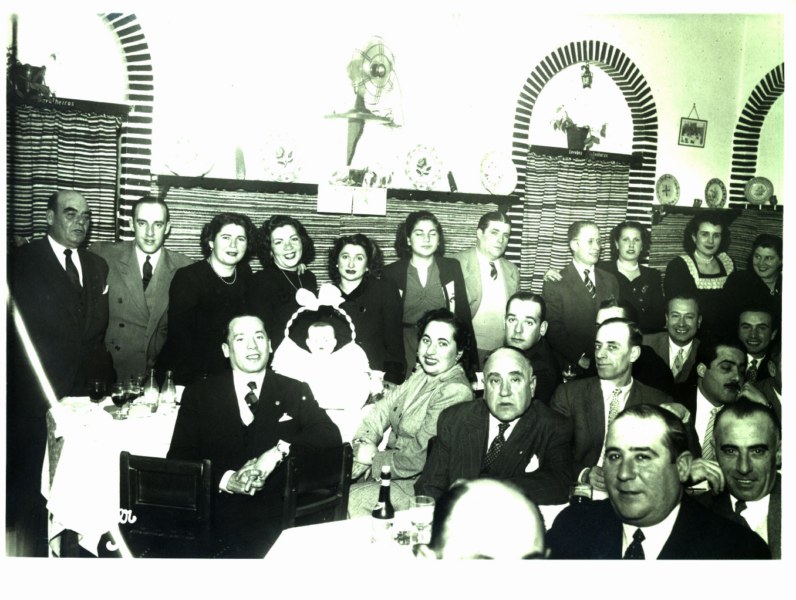
Adelina Ramos, Alcídia Rodrigues, Francisco Carvalhinho, Alfredo Mendes Festa de Homenagem a Adelina Ramos, Gingão, s/d
-
Embuçado João Ferreira Rosa (Gabriel de Oliveira / Alcídia Rodrigues - Fado Tradição)
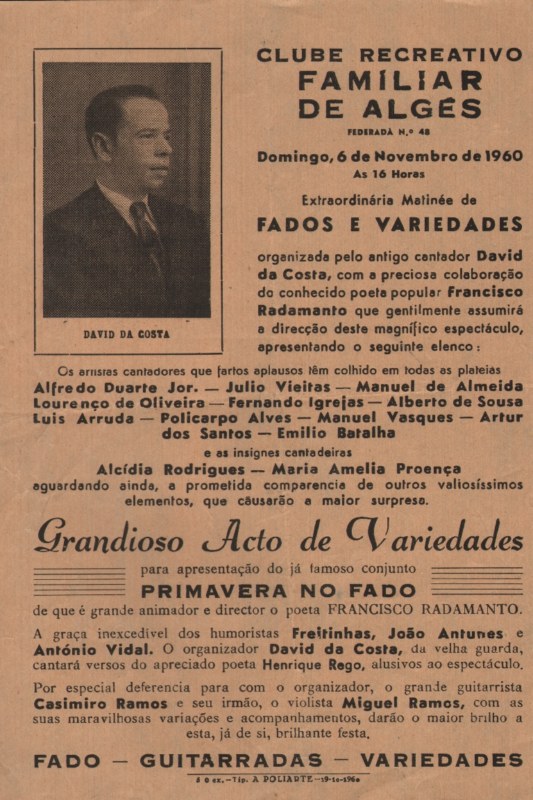
Clube Recreativo Familiar de Algés, 1960
